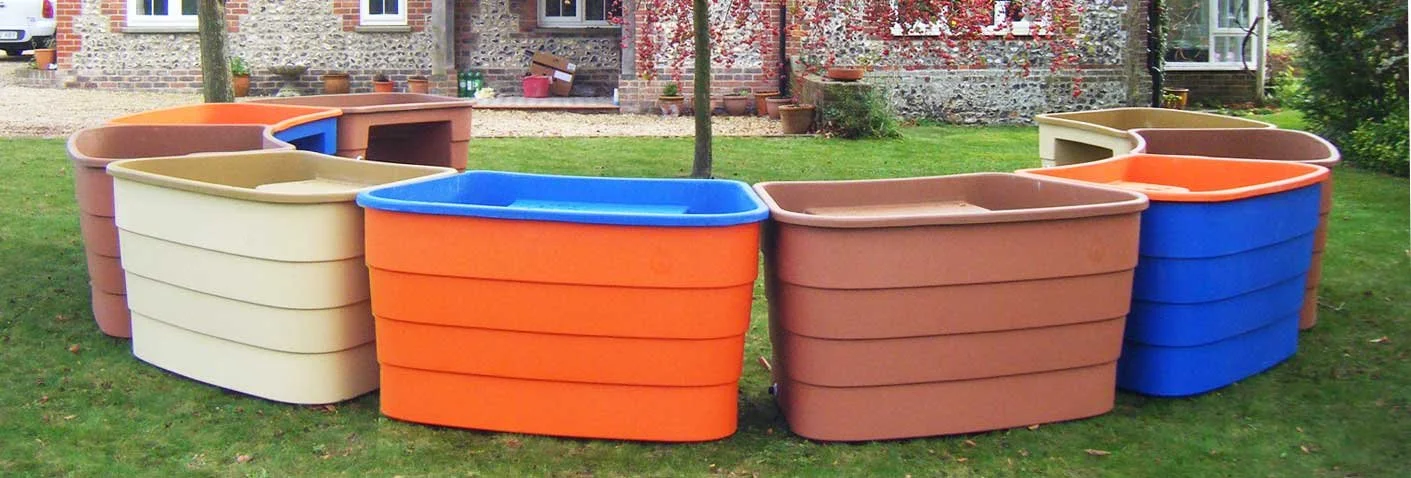How Green Circle Garden Helps Schools Education Programs Grow Together
School Gardening
Creating Inclusive Learning Environments Through Gardening
In today’s classrooms, inclusivity goes beyond academics — it’s about giving every student the opportunity to learn, explore, and thrive. Outdoor learning spaces play a vital role in this, and one of the most engaging and educational ways to teach inclusivity is through accessible gardening.
The Green Circle Garden, a fully accessible raised garden bed, allows every student — regardless of ability — to participate in hands-on learning. Whether in a wheelchair, using mobility aids, or simply learning how nature works, the Green Circle Garden creates a space where everyone can connect with the environment and each other.
Why Schools Benefit from Accessible Gardening
School gardens have long been used to teach science, sustainability, and nutrition. But accessible gardens take that learning to the next level. They bring inclusion, teamwork, and life skills into the mix — all while fostering curiosity and creativity.
Here’s how schools and inclusive education programs benefit from using the Green Circle Garden:
1. Promotes Hands-On, Inclusive Learning
Students at Fordwater School
The Green Circle Garden’s wheelchair-accessible circular design allows students of all abilities to reach and interact with plants comfortably. Teachers can easily incorporate it into lessons about plant biology, ecosystems, and food cycles — ensuring that every child participates, not just those who can bend or kneel.
Inclusion in action:
Students can plant seeds, water the soil, and harvest herbs or vegetables together — experiencing equality and teamwork firsthand.
2. Encourages Sensory and Experiential Education
Gardening is one of the best sensory learning activities available. The scent of basil, the texture of soil, the sight of growing flowers — these experiences stimulate the senses and support emotional development.
The Green Circle Garden makes sensory gardening possible for everyone. Its height and open design let students touch, see, and smell plants without barriers, making it an ideal addition to special education and therapy-based classrooms.
3. Supports Environmental and Nutritional Awareness
When children grow their own food, they naturally develop a deeper respect for the environment and healthier eating habits. With the Green Circle Garden, schools can teach sustainability and nutrition in a tangible way — from planting seeds to harvesting vegetables for classroom cooking projects.
This hands-on approach helps students connect their learning to real-world sustainability topics, from composting and recycling to food security and environmental stewardship.
4. Builds Teamwork and Social Skills
Gardening is a collaborative activity. It encourages communication, problem-solving, and empathy — especially in inclusive classrooms where students learn to work together and value each other’s contributions.
The Green Circle Garden’s circular layout fosters natural collaboration. Students can easily gather around, share tasks, and celebrate their progress together, reinforcing social bonds and classroom unity.
5. Provides Therapeutic and Emotional Benefits
Accessible gardens offer more than academic learning — they also nurture emotional well-being. Studies show that time spent gardening can reduce stress, increase focus, and improve mood.
For students with anxiety, ADHD, or sensory sensitivities, the Green Circle Garden provides a calming and engaging outdoor activity. It becomes a therapeutic tool that promotes mindfulness, patience, and pride in accomplishment.
Why Schools Choose the Green Circle Garden
Accessible for all: Fully ADA-compliant and designed for wheelchair access.
Durable and weather-resistant: Perfect for school environments and outdoor learning areas.
Modular and easy to install: Can be placed on playgrounds, courtyards, or school gardens.
Educational tool: Integrates seamlessly into STEM, environmental science, and life skills curricula.
Growing Inclusion, One Garden at a Time
The Green Circle Garden is more than a raised bed — it’s a teaching tool that empowers students, builds community, and embodies the values of inclusive education.
By making gardening accessible to everyone, schools can foster independence, teamwork, and respect for nature — lessons that last a lifetime.
Whether you’re creating a sensory garden, a science lab outdoors, or a community food project, the Green Circle Garden helps your school grow a truly inclusive future.



